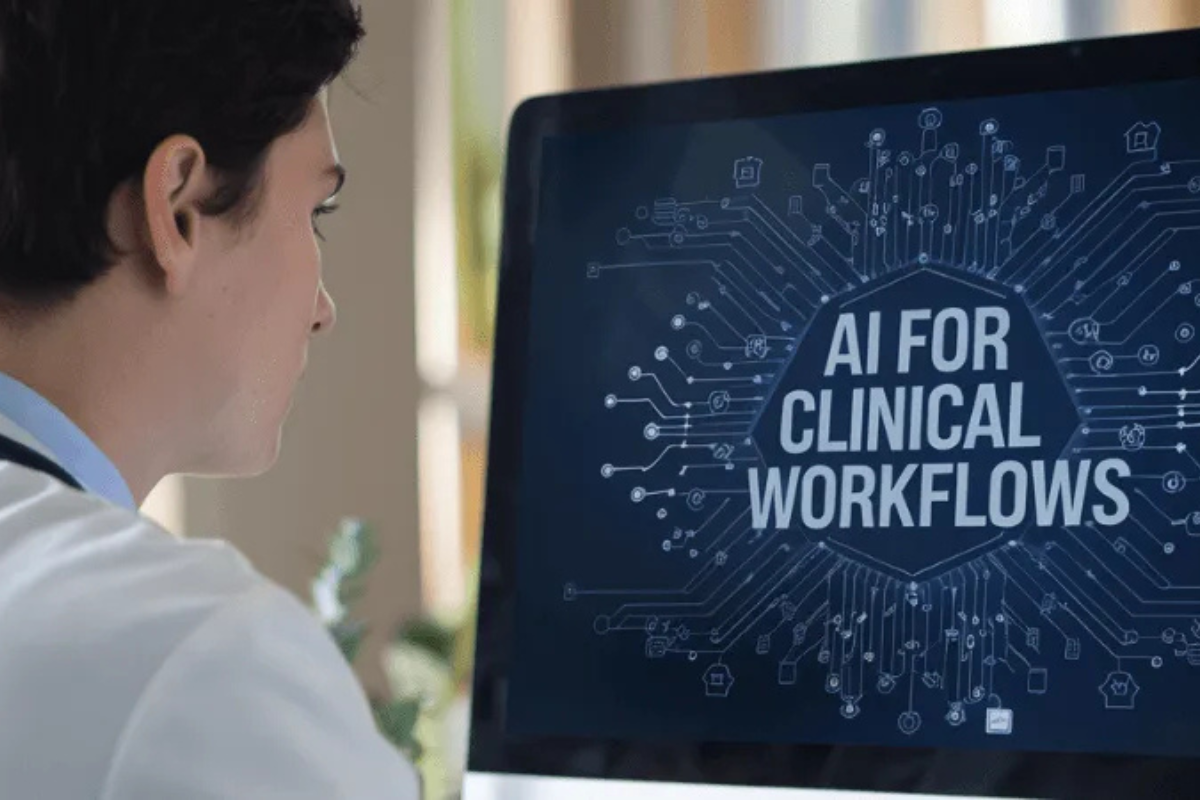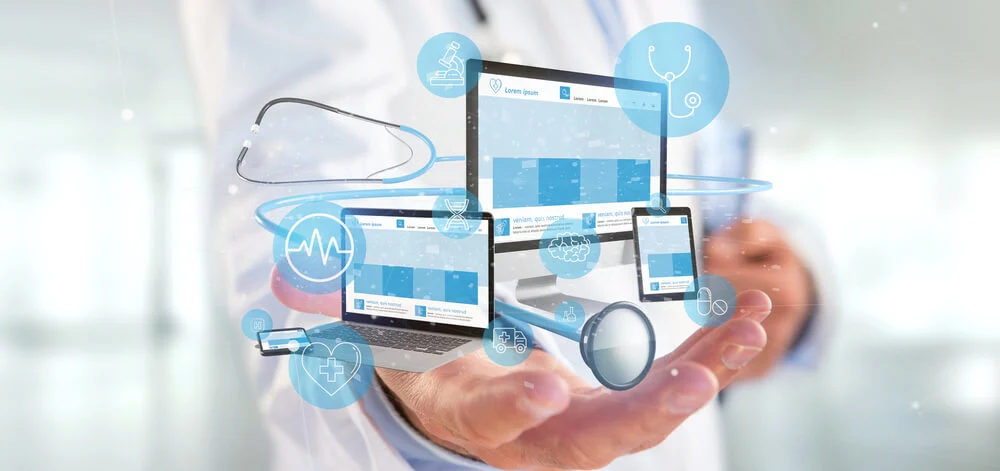Discover how AI is revolutionizing modern healthcare documentation and boosting physician productivity.
Introduction: AI’s Growing Role In Healthcare
The healthcare industry has long grappled with administrative overload, clinical burnout, and time consuming documentation processes. With this rise of generative AI, a solution is finally taking shape. Leading the charge is Abridge, a healthcare company that has developed an AI-powered medical scribe to automate clinical note-taking in real time.
What Is Abridge and Why Is It Disrupting Healthcare?
Abridge offers an AI-powered medical scribe that listens to doctor-patient conversations and automatically generate clinical notes in real time.The goal is simple reduce the burden of manual documentation on healthcare professionals while improving accuracy and compliance.Unlike traditional scribing tools, Abridge integrate directly with Electronic Health Record (EHR) systems like Epic, ensuring that notes re instantly accessible and properly structured.
The company emphasize that its solution is assistive , not autonomous — clinicians remain in full record of the documentation process, with AI serving as a trusted companion rather than a replacement.
Market Expansion And Clinical Impact
Since its funding round, Abridge has scaled rapidly and is now deployed across more that 150 health systems in the United States. Major institution such as Yale New Haven Health and Inova Heath are actively expanding their use of the platform due to measurable improvements in workflow efficiency and physician satisfaction.
Abridge is expected to process over 50 million medical conversations in 2025, a number that underscores its growing footprint and the trust it has earned from medical professionals. Clinicians have reported significant reductions in after-hours documentation,allowing them to spend more time on patient care and less on administrative tasks.
Advancing Clinical Intelligence Through Technology
Abridge is rapidly evolving from a documentation assistant to a comprehensive clinical intelligence platform. Its technology is now expanding beyond outpatient support to include inpatient care workflows,ensuring continuity and efficiency across the healthcare system.

New developments include:
- Inpatient Workflow Support: Seamlessly integrated into hospital systems for bedside documentation and critical care environments.
- Real-Time Billing Code Validation: Helping providers ensure coding compliance during the documentation process, reducing denials and optimizing reimbursement.
- Multilingual Support: Enabling more inclusive care for patients across diverse linguistic backgrounds.
- Enhanced EHR Integration: Tightening the connection between AI-generated notes and existing clinical systems to reduce friction and errors.
These advancement positioning Abridge as a critical tool for both clinical and operational excellence. By aligning with the needs of frontline providers and health systems alike, Abridge is setting a new standard for how AI can be seamlessly woven into the fabric of healthcare delivery.
Responsible AI in a Sensitive Industry
Healthcare is one of the most heavily regulated and ethically sensitive industries in the world. Abridge’s success lies not just in technical achievement, but in its responsible AI practices. The company emphasizes that its tools are “assistive” and never operate without oversight. Clinicians are required to review and approve notes, maintaining full ownership of patient records.
This approach reassures health systems and regulators that AI can be deployed without compromising data privacy, security, or ethical standards. It’s a blueprint for how AI should be integrated into sensitive domains: with transparency, accountability, and human oversight.
What Abridge’s Growth Signals About AI Adoption
The story of Abridge is more than a success story–it’s case study in responsible, high-impact AI integration. At a time when many companies are experimenting with generative AI, Abridge stands out for its deep domain focus, regulatory awareness and physician-first design. Its growth is a clear sign that AI is moving from pilot projects to mission-critical infrastructure in healthcare.
For tech companies , startups and healthcare innovators, the implication are clear: intelligent automation isn’t just the future – it’s the present.
Final Thoughts
At Getgeeko, we closely follow AI trends that have a potential to transform industries. Abridge meteoric rise reinforces our belief that AI— when thoughtfully designed and responsible deployed can unlock extraordinary value. Weather in healthcare, e-commerce or enterprise automation , the future belongs to smart systems that amplify human expertise.







